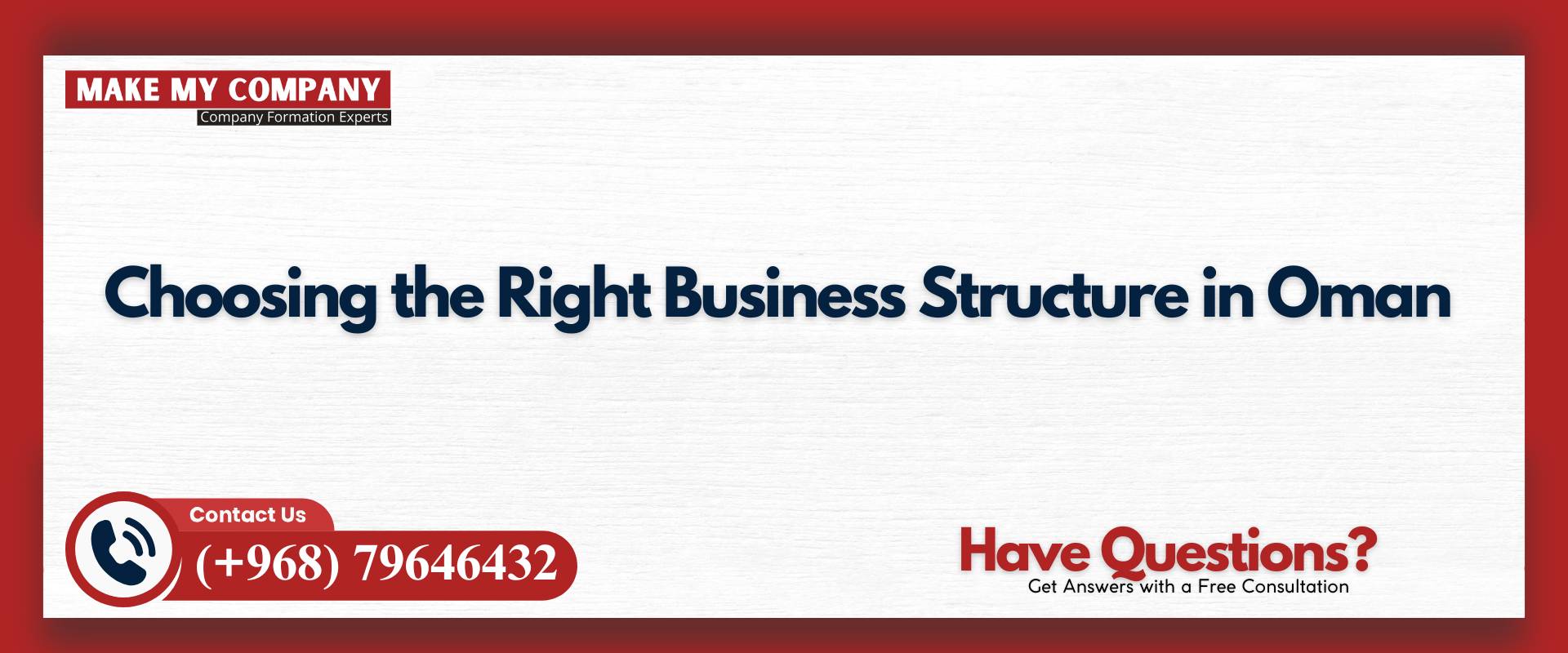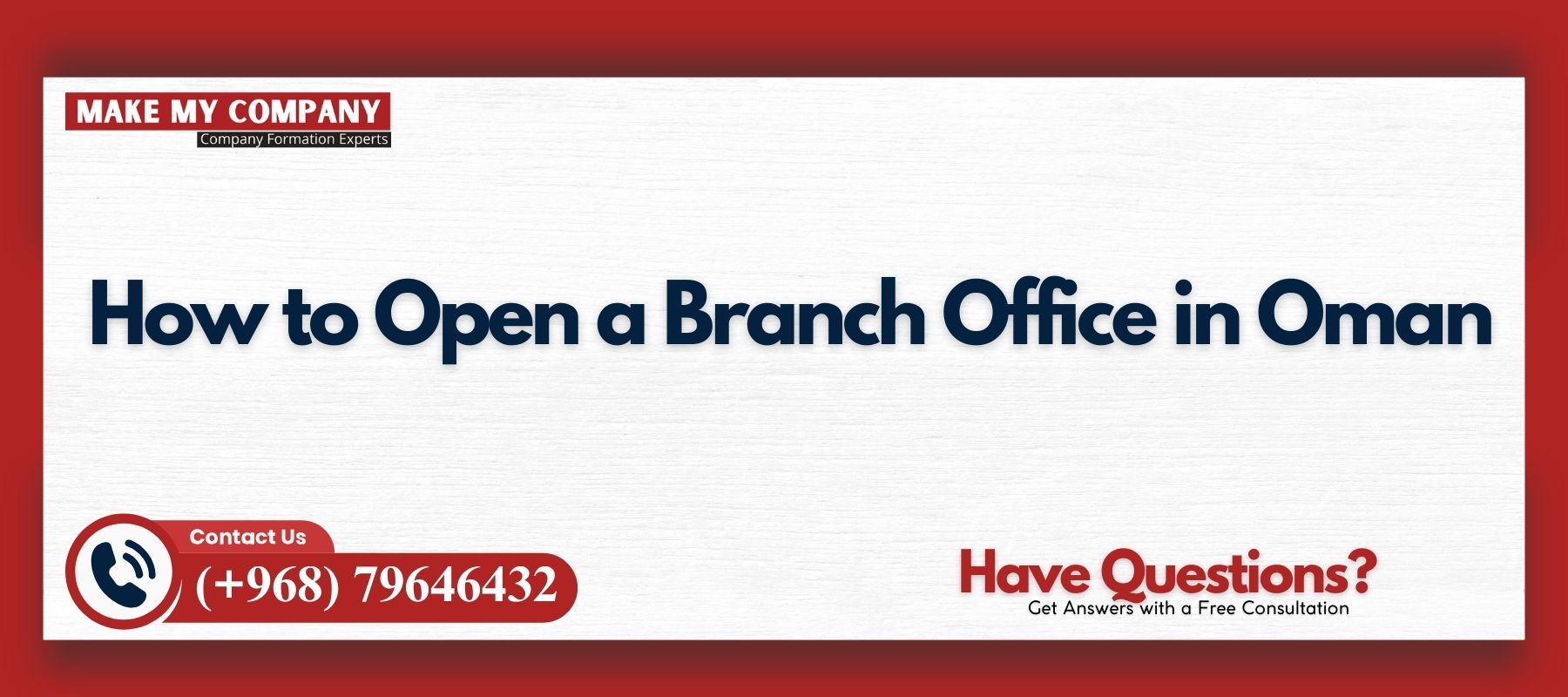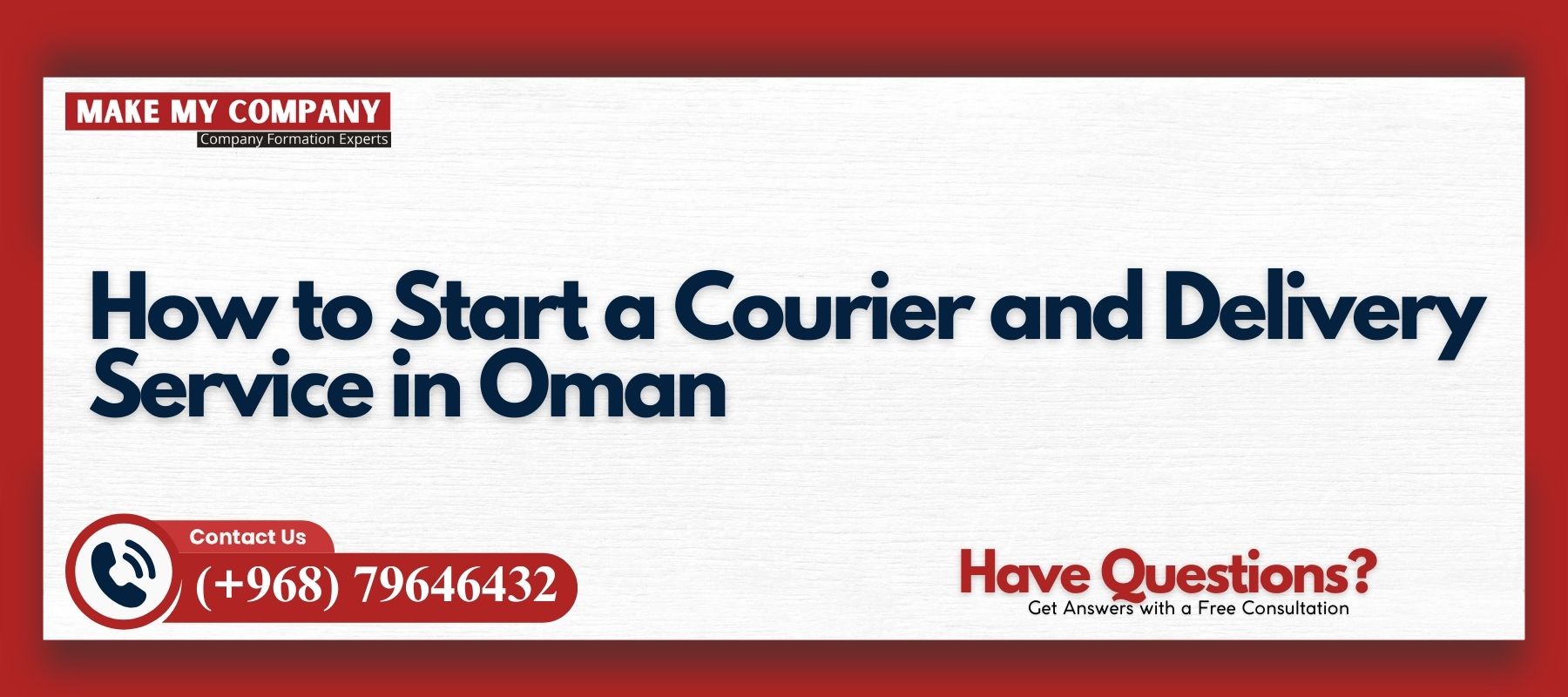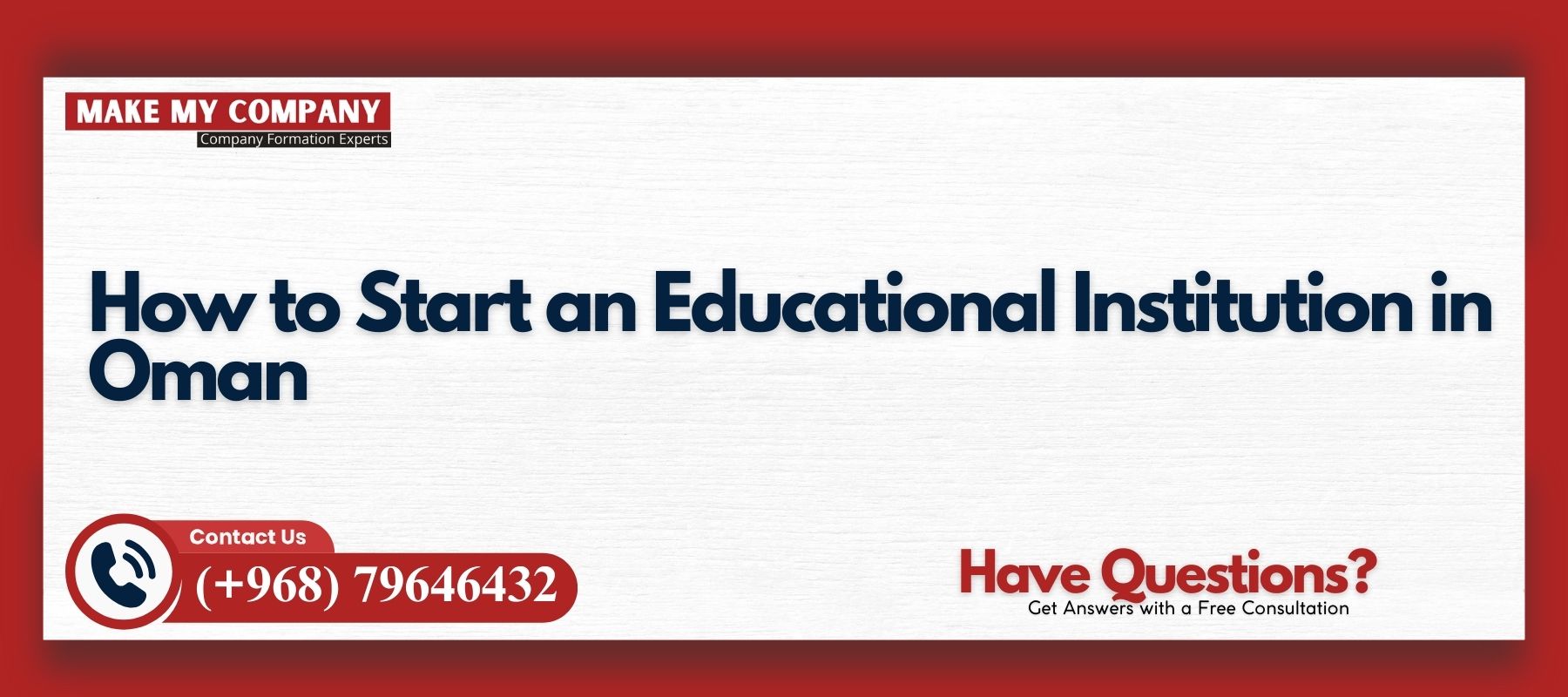Starting a business in Oman is an exciting venture with the potential for great success. However, one of the most crucial decisions entrepreneurs face is choosing the right business structure. This decision impacts every aspect of your business—from legal responsibilities and taxation to operational efficiency and future growth opportunities. Let’s dive deep into the different business structures available in Oman and how to make the right choice for your entrepreneurial journey.
Why Choosing the Right Business Structure Matters
Selecting the correct business structure in Oman is essential for ensuring operational efficiency, legal compliance, and financial success. Choosing the wrong structure can lead to unforeseen expenses, legal complications, and challenges in scaling your business. Therefore, understanding the nuances of each structure is key to making an informed decision.
Types of Business Structures in Oman
Oman provides a range of business structures to cater to the diverse needs of entrepreneurs. Below is a detailed breakdown of each structure:
Sole Proprietorship
A sole proprietorship is the simplest and most straightforward business structure. It is owned and operated by a single individual, making it an excellent choice for small-scale operations.
Key Features:
- Easy and quick to set up.
- Full control over business decisions.
- Personal liability for business debts and obligations.
Limited Liability Company (LLC)
The Limited Liability Company is one of the most popular choices for entrepreneurs in Oman. It requires at least two shareholders and is ideal for small and medium-sized enterprises (SMEs).
Key Features:
- Shareholders have limited liability, protecting personal assets.
- A minimum share capital requirement.
- Flexibility in business operations.
Joint Stock Company (SAOC and SAOG)
Joint Stock Companies are suited for large businesses requiring significant capital. These can be public (SAOG) or closed/private (SAOC).
Key Features:
- Shareholders enjoy limited liability.
- Higher minimum capital requirements compared to an LLC.
- Public companies can list shares on the stock exchange, offering greater fundraising opportunities.
Branch Office
Foreign companies can establish a branch office in Oman to operate locally without setting up a new legal entity.
Key Features:
- Functions as an extension of the parent company.
- Requires government approvals and is limited to specific industries.
Representative Office
A representative office is ideal for foreign companies focusing on market research and building a presence without engaging in commercial transactions.
Key Features:
- Cannot conduct business transactions or generate revenue.
- Focuses on marketing, research, and promoting the parent company’s interests.
Free Zone Company
Businesses operating within Oman’s free zones benefit from attractive incentives such as tax exemptions and 100% foreign ownership.
Key Features:
- 100% foreign ownership.
- Exempt from corporate taxes.
- Ideal for export-oriented businesses.
Factors to Consider When Choosing a Business Structure
To make the best decision for your business, consider the following factors:
Nature of the Business
Your industry and business activities play a significant role in determining the appropriate structure. For example:
- Export-oriented businesses may benefit from free zone companies.
- General trading companies might find an LLC more suitable.
Ownership Requirements
Foreign investors must consider Oman’s ownership regulations. Generally, foreign ownership is capped at 70%, except in free zones or under specific agreements.
Liability and Risk
For entrepreneurs aiming to limit personal liability, structures like LLCs or joint stock companies are preferable.
Capital Requirements
Different structures have varying minimum capital requirements. For instance, joint stock companies require a higher initial capital than sole proprietorships or LLCs.
Tax Benefits
Some structures, such as free zone companies, offer tax exemptions, making them an attractive option for cost-conscious entrepreneurs.
Ease of Setup
While structures like sole proprietorships are easier and faster to establish, others, such as joint stock companies, involve more complex procedures and regulatory compliance.
Steps to Register Your Business in Oman
Here’s a step-by-step guide to establishing your business in Oman:
Choose a Business Activity
Identify the type of business activity you intend to undertake. This determines the suitable structure and the required licenses.
Reserve a Trade Name
Select a unique and compliant trade name that adheres to Omani regulations.
Obtain Necessary Approvals
Depending on your business activity, secure approvals from relevant authorities.
Prepare Legal Documents
Submit required documentation, such as:
- Memorandum of Association (MOA)
- Articles of Association (AOA)
- Shareholder agreements
Register with the Ministry of Commerce and Industry (MOCI)
Complete the registration process with MOCI to formalize your business.
Obtain Licenses and Permits
Secure all necessary licenses and permits based on your chosen business structure and industry.
Open a Corporate Bank Account
Establish a corporate bank account to manage your business finances effectively.
Hire a Local Agent (If Required)
Certain business structures may require a local sponsor or agent to comply with Omani laws.
Advantages of Setting Up a Business in Oman
Oman offers several benefits that make it an attractive destination for entrepreneurs:
Strategic Location
Oman’s proximity to major markets in the Middle East, Africa, and Asia makes it a strategic hub for trade and business.
Economic Stability
With a stable economy and investor-friendly policies, Oman provides a secure environment for businesses to thrive.
Free Trade Agreements
Oman’s free trade agreements with various countries reduce tariffs and foster international trade opportunities.
Tax Incentives
Businesses operating in free zones enjoy tax exemptions, reducing operational costs significantly.
World-Class Infrastructure
Oman boasts excellent infrastructure, including ports, airports, and communication networks, facilitating seamless business operations.
Common Challenges and Solutions
While Oman offers a favorable business environment, some challenges may arise:
Navigating Regulations
Oman’s regulatory framework can be complex. Partnering with local experts ensures compliance and smooth operations.
Cultural Differences
Understanding local customs and business etiquette is essential for building strong relationships and successful partnerships.
Competition
Certain industries are highly competitive. Conducting thorough market research and developing a strong business plan can help you stand out.
Conclusion
Choosing the right business structure is a critical step in ensuring the success of your venture in Oman. By understanding the various options and considering factors like ownership, liability, and tax benefits, you can make an informed decision that aligns with your business goals.
If you’re ready to embark on your entrepreneurial journey, Make My Company is here to help. Contact us today to simplify the process and turn your vision into reality.









